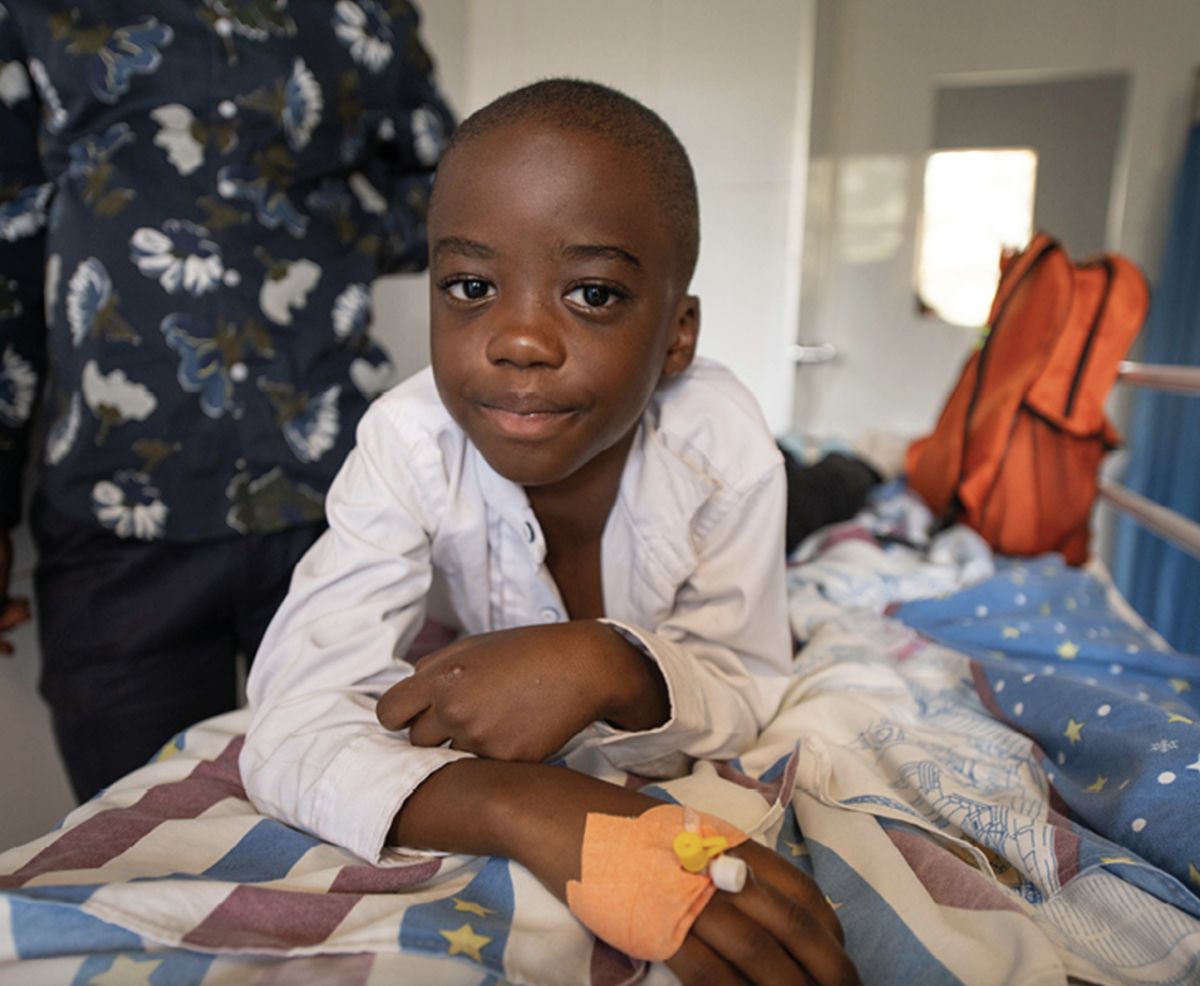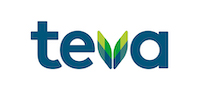Teva 2024 Healthy Future Report: Health System Strengthening and Capacity Building

At Teva, we are all in for better health. Increasing access to quality medicines is fundamental to improving the health of patients and the success of our business.
In order to achieve lasting impact, we have expanded a number of our access programs to go beyond the product by incorporating Health System Strengthening and Capacity Building efforts.
Capacity building is critical for ensuring sustainable and resilient healthcare systems, directly contributing to our mission of expanding access to care. To increase our positive impact beyond medicines, our health system strengthening and capacity-building initiatives expand healthcare professionals’ skill sets, increase treatment accessibility such as diagnosis and screening, improve community members’ health literacy and awareness and overall enhance local capacity to support the health needs of underserved populations. We take a holistic approach to health equity to address other social determinants of health, including financial, geographic, socioeconomic and cultural factors. We aim to increase the cumulative number of beneficiaries of our initiatives by 200% by 2026 (vs. cumulative 2022–2023 baseline). Many of our initiatives complement our Access to Medicines programs (see page 19 in the Healthy Future Report).
Our main initiatives in 2024 to promote health system strengthening and capacity-building were:
- Malawi, Uganda, Botswana, Tanzania and Rwanda – Pediatric oncology specialists are few and far between in Sub-Saharan Africa. We expanded our support for Global HOPE in 2024 through efforts specifically focused on strengthening local capacity, including training for nurses and medical officers, as well as nurse training scholarships. Beneficiaries in 2024 numbered 1,965 – including HCPs trained and resulting patients diagnosed. We are building sustainable healthcare capacity, ensuring that children receive timely and effective treatment.
- Ghana – A lack of breast care centers and trained healthcare practitioners, along with low awareness and high stigma, contribute to high breast cancer mortality rates in Ghana. Through our partnership with Breast Care International, we are addressing healthcare challenges that hinder early diagnosis and treatment, ensuring that patients receive the care they need. We are raising awareness on breast cancer and the importance of early diagnosis, increasing local capacity to increase breast cancer screening for women aged 18–60, and improving referral pathways. Beneficiaries in 2024 totaled 10,752, including patients and HCPs in rural Ghana.
- Chile – We organized an educational event focusing on mental health, the risks of self-medication and the importance of adhering to prescribed therapies, attracting 100 participants including healthcare professionals and community members. We conducted community training sessions in Cochamó and Río Puelo, collectively impacting around 5,100 residents.
- USA – From November 2023 to October 2024, our grant funding helped 34,916 beneficiaries (14,480 directly and 20,436 indirectly) in clinics supported by our Community Routes program. Over two years of funding, we have trained 2,800 community members, held 131 community events, expanded access to mental health services for 63,659 beneficiaries and conducted 24,617 patient screenings. Together with our partners Direct Relief and NAFC, in 2024 we published a report in collaboration with the grantees of our behavioral health program in local USA clinics and communities. Lessons Learned from Community Routes: Access to Mental Health Care highlights experiences and understandings relevant for broader underserved, bi-lingual/bi-cultural populations and patients with low health literacy. The report is a useful resource for social impact program policymakers, funders and safety-net providers.
Support the Soul in Israel
Following the brutal attacks of October 7, 2023 trauma took hold of the lives of Israelis, affecting citizens with post-traumatic stress disorder and related issues such as depression, anxiety, sleep disorders and addictions.
Israel needs more professional trauma therapists as the shortage hampers mental health support and recovery. Therapists are also experiencing burnout, as well as dealing with intense personal challenges.
Our Support The Soul program provides support via: training professional teams, creating safe spaces, innovative tools, and research. It is strengthening the infrastructure of resilience centers to provide safe spaces for therapy, increasing treatment facilities and making mental health services more accessible.
In collaboration with the Israel Trauma Coalition, our training courses in Israel in 2024 included 32 hours of instruction for 430 practitioners that benefited over 2,580 individuals in need.
Support the Soul will continue through 2025, aiming to train and supervise 750 professional therapists, support two resilience centers (benefiting 6,000 people directly), equip 2,000 first responders with resilience tools, and support 18 technology companies through a southern-based acceleration program.
To learn more, read the full 2024 Healthy Future Report.
Read the full 2024 Healthy Future Report Disclosures.

